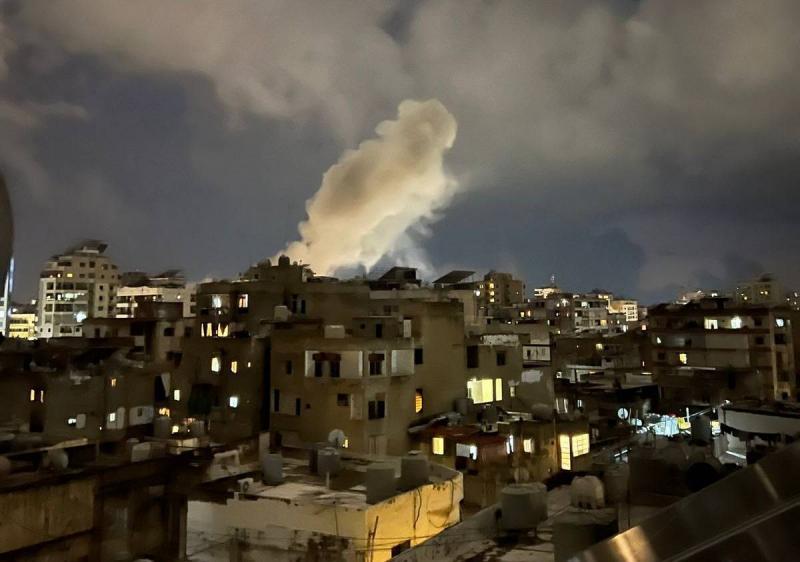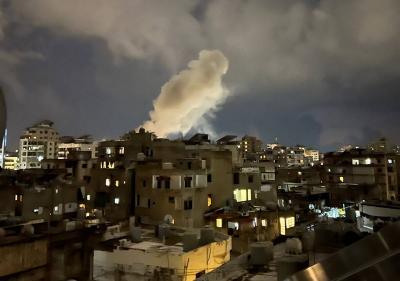After 87 days, just days before the three-month mark of the Gaza war and the field confrontations in southern Lebanon, Israel carried out its most dangerous strike deep within Lebanon, the first since the 2006 war, by assassinating Saleh al-Arouri, one of the most prominent figures and leaders of Hamas, the deputy head of the political bureau, described in the axis of resistance as the "engineer of arena unity," in the heart of the southern suburb of Beirut. This development is considered the most critical in terms of surpassing the "new" rules of engagement that have prevailed in southern Lebanon since October 8 of last year, even if Hezbollah did not directly target Israel or the Lebanese government, as conveyed by Israeli sources.
An Israeli drone strike targeted an apartment in the southern suburb, which was hosting a meeting of prominent leaders from Hamas and the Qassam Brigades in Lebanon, marking the most significant intelligence and military security breach since the "Al-Aqsa Flood" operation, in which al-Arouri was one of the main architects. This evolution raised questions about whether a new phase of warfare and espionage would unfold openly between Israel on one side and Hamas and Hezbollah, in particular, on the other. Would this lead to the transfer of the comprehensive war to Lebanon, or would the response to al-Arouri's assassination remain within a traditional escalation framework of operations, albeit exceeding the parameters of the previous phase?
In any case, it is clear that the primary and first response to this development will come this evening, Wednesday, with the speech that Hezbollah Secretary-General Hassan Nasrallah will deliver, which has not been canceled despite rumors following the Israeli operation in the suburb. The timing of the speech at 6 PM today indicates that Hezbollah's leadership decided to maintain this schedule as a fundamental response to the operation, reflecting positions that Nasrallah will convey.
Hamas first announced the assassination of Saleh al-Arouri and two Qassam leaders in Beirut and later reported the deaths of Qassam leaders Samir Fandi "Abu Amir" and Azam Al-Aqrab "Abu Ammar" in the Israeli strike in Lebanon. Unofficial security information indicated that the targeted apartment was hosting a meeting for Palestinian factions when it was struck by a missile from an Israeli drone that also fired a second missile at escort vehicles at the building's entrance. Smoke billowed from the Al-Mawad area, and human remains were seen at the explosion site near the Hadi Nasrallah highway, alongside visible damage to one of the apartments and fires igniting in vehicles, with witnesses recounting hearing two explosions. A security source told "An-Nahar" that an Israeli drone targeted two apartments belonging to Hamas in a building in Al-Mawad.




